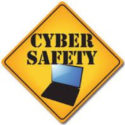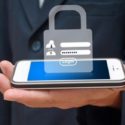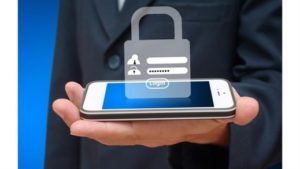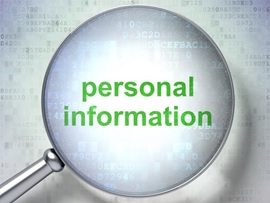No One Is Immune
 Do you remember when the Ebola virus caused world-wide panic a few years ago? The killer virus appeared to be out of control and there wasn’t enough supply of vaccine or enough time to distribute it.
Do you remember when the Ebola virus caused world-wide panic a few years ago? The killer virus appeared to be out of control and there wasn’t enough supply of vaccine or enough time to distribute it.
Like the script from a sci-fi horror flick, “No one is immune! Ebola is coming to get you!”
Of course, there were those who believed that it could never happen here. There always are. They are the ones who won’t get a flu shot then wonder how they got the flu several months later.
Real World – Virtual World – Same Problem
The same irrational thinking prevails in the virtual world. Even though, as we have cited before, more than 60% of small businesses have been victims of cyberattacks, the other 40% still think they are immune.
But, according to a recent article in TechTalk, the size of the business is not the only reason some businesses have a false sense of security. The article noted that some corporate enterprises feel that their systems are safe because they operate using a different system. In particular, the misconception is alive and well amongst users of Linux, Ubuntu, and iOS.
The assumption is that “users believe Linux, Ubuntu and iOS are more secure because in most malware cases, Windows users are the victims. Although it is true, Windows PCs are highly targeted, this is only because of their large market share. . . hackers can cast a wider net when targeting Windows PCs than if they were to target Linux, Ubuntu or iOS.”
That sounds like the small business owners’ reasoning that they won’t come after me because I’m too small. Not only wrong, but proven wrong.
It is also becoming abundantly clear that Linux, Ubuntu, and iOS system have been under attack. They just haven’t grabbed the headlines. Yet.
The first rule of thumb in any security business is never assume you are safe from attack. That goes for cybersecurity, too. The faster technology grows, the more we are exposed to security breaches. It doesn’t matter what size your business is – or what operating system – you use. Your technology needs to be guarded.
Guarding your technology is what we do. We work diligently to keep you aware of potential dangers and how to take a few, common-sense steps to ensure the safety of your data and devices.
Tech Sentries is as concerned about your computer system security as you are. Your computer system security is our business. That’s why Tech Sentries is always on duty. Contact us today to learn how we can help you “GUARD YOUR TECHNOLOGY” (843-282-2222).















 Did you know that elderly people aren’t necessarily the most likely to be scammed online? Well, the Better Business Bureau issued a report stating that its Millennials and Generation X’ers who are the most likely to be a victim of scammers. The reason? The elderly population are far more likely to actually report the incident of a scam before financial loss occurs. In fact, over 90% of them will report it sooner than the younger generation. Even though Millennials and Generation X’ers are far more tech savvy, they are far slower to report being scammed, making them much more likely to lose money as a result.
Did you know that elderly people aren’t necessarily the most likely to be scammed online? Well, the Better Business Bureau issued a report stating that its Millennials and Generation X’ers who are the most likely to be a victim of scammers. The reason? The elderly population are far more likely to actually report the incident of a scam before financial loss occurs. In fact, over 90% of them will report it sooner than the younger generation. Even though Millennials and Generation X’ers are far more tech savvy, they are far slower to report being scammed, making them much more likely to lose money as a result.


 Just when you thought it was safe in the water … Well, you know the rest of the story.
Just when you thought it was safe in the water … Well, you know the rest of the story.